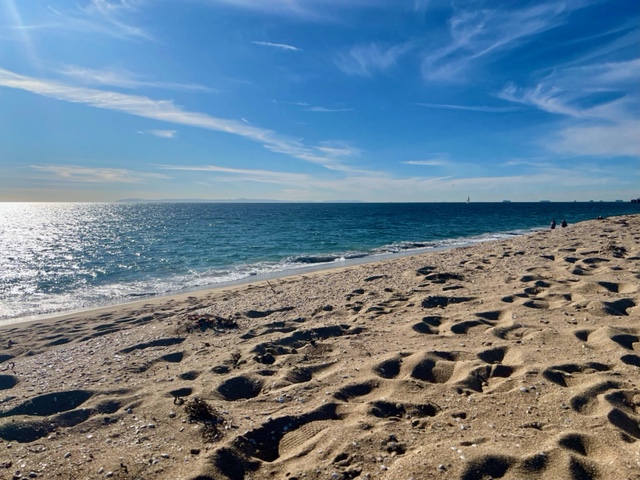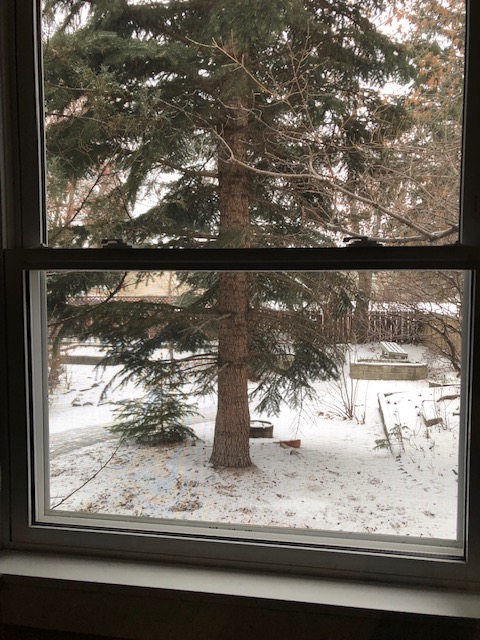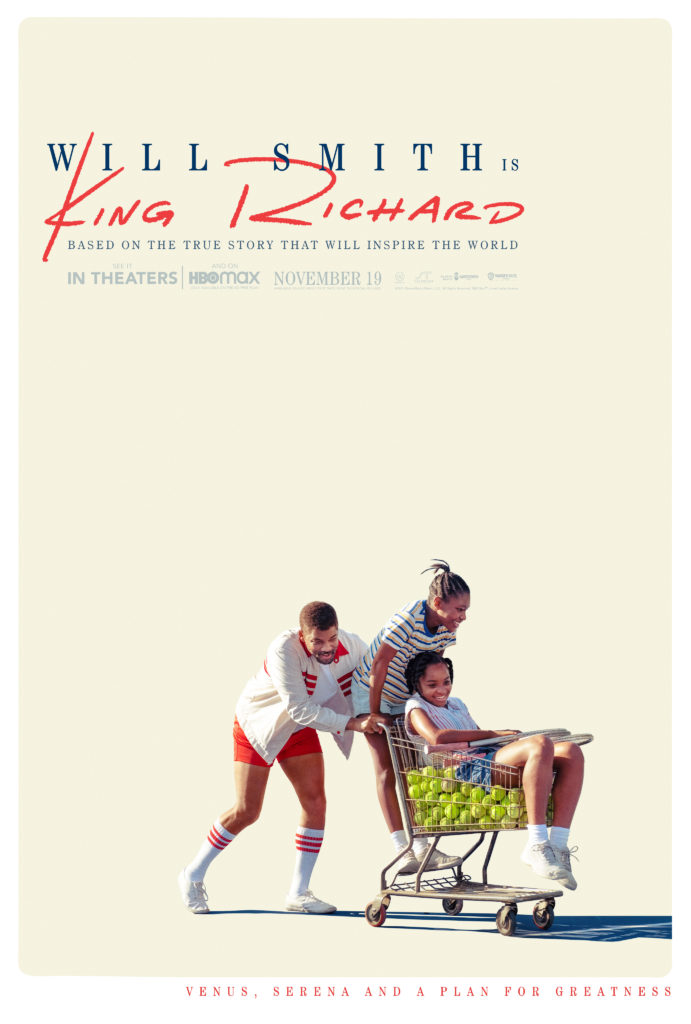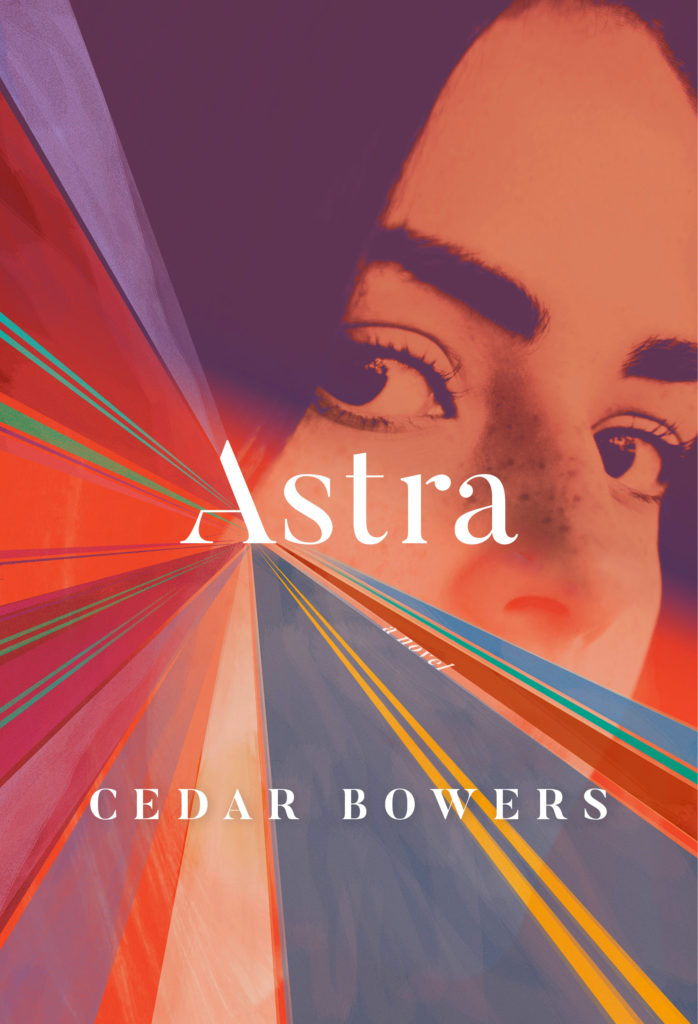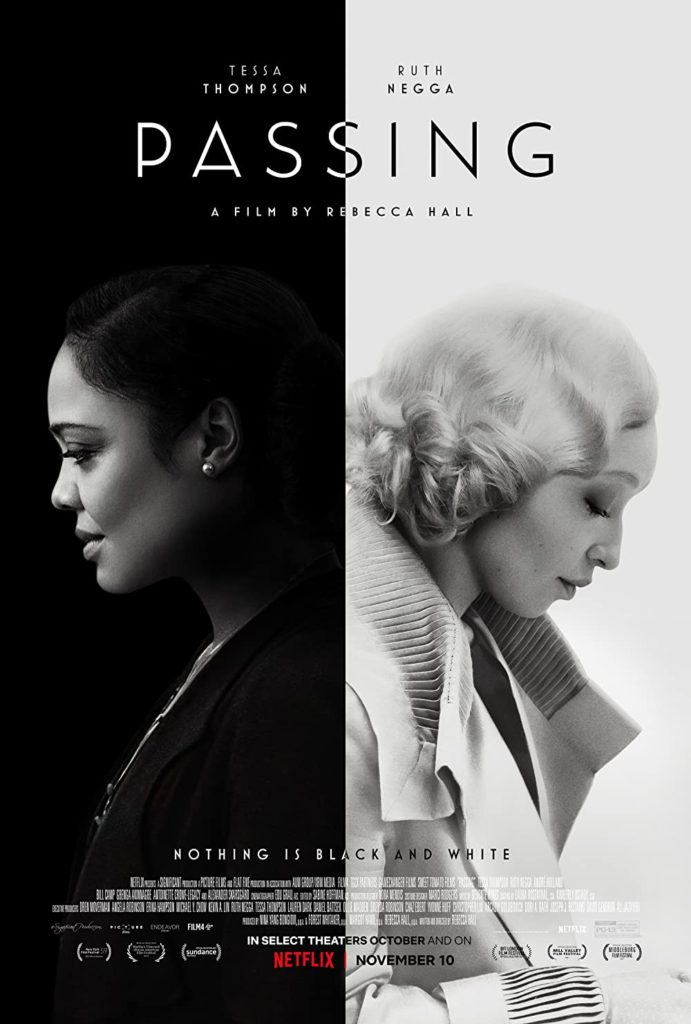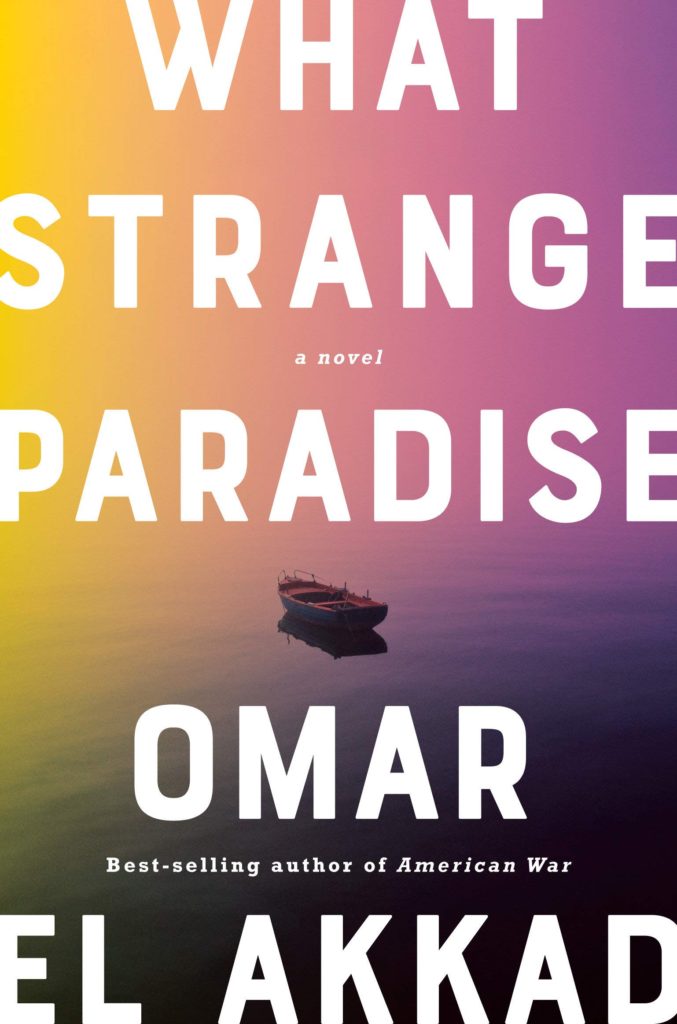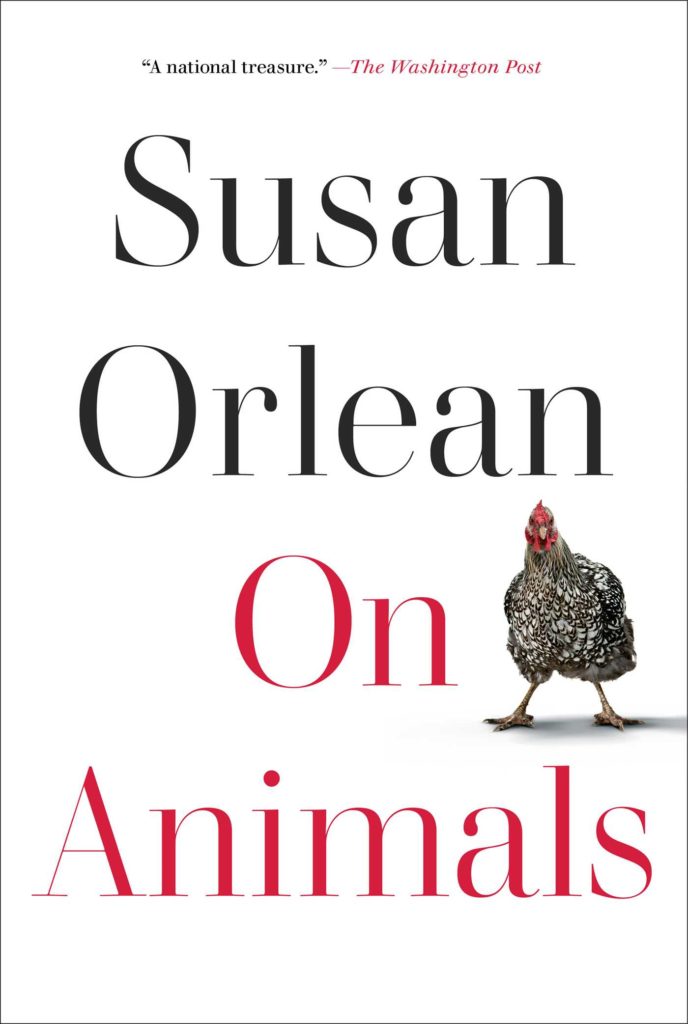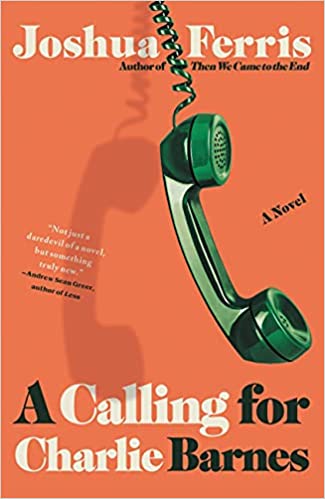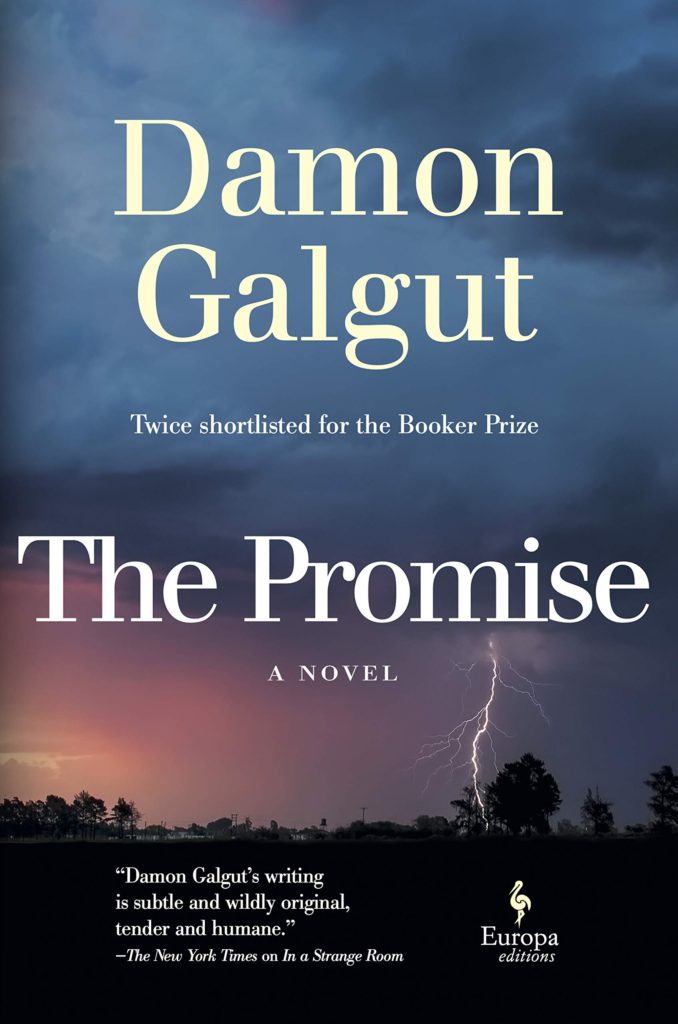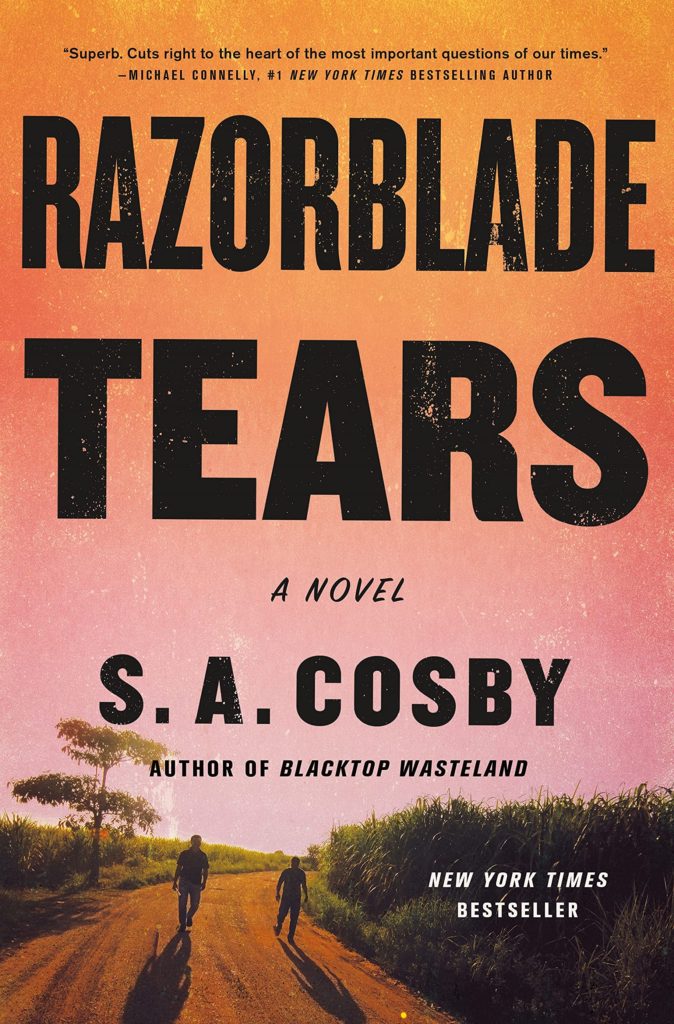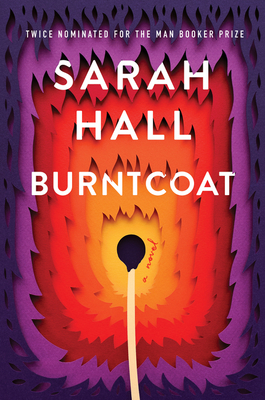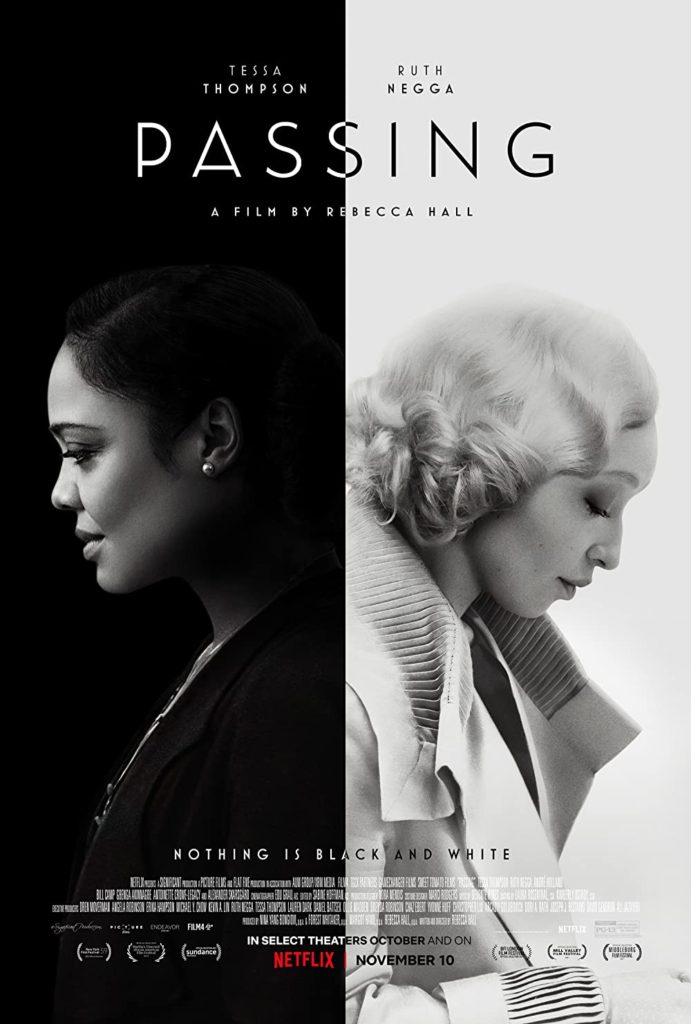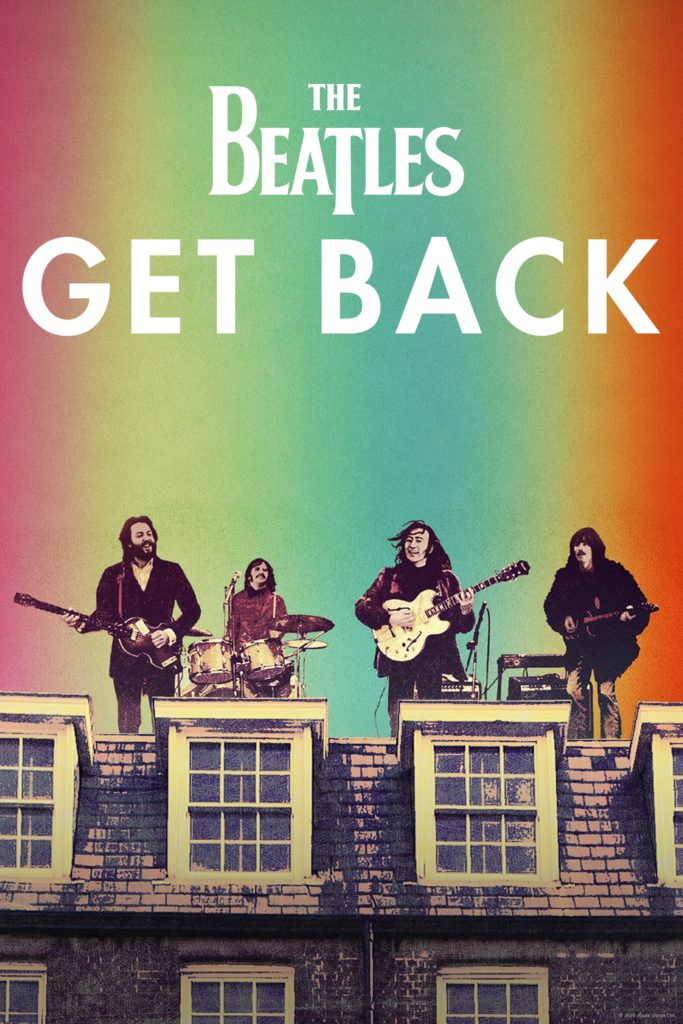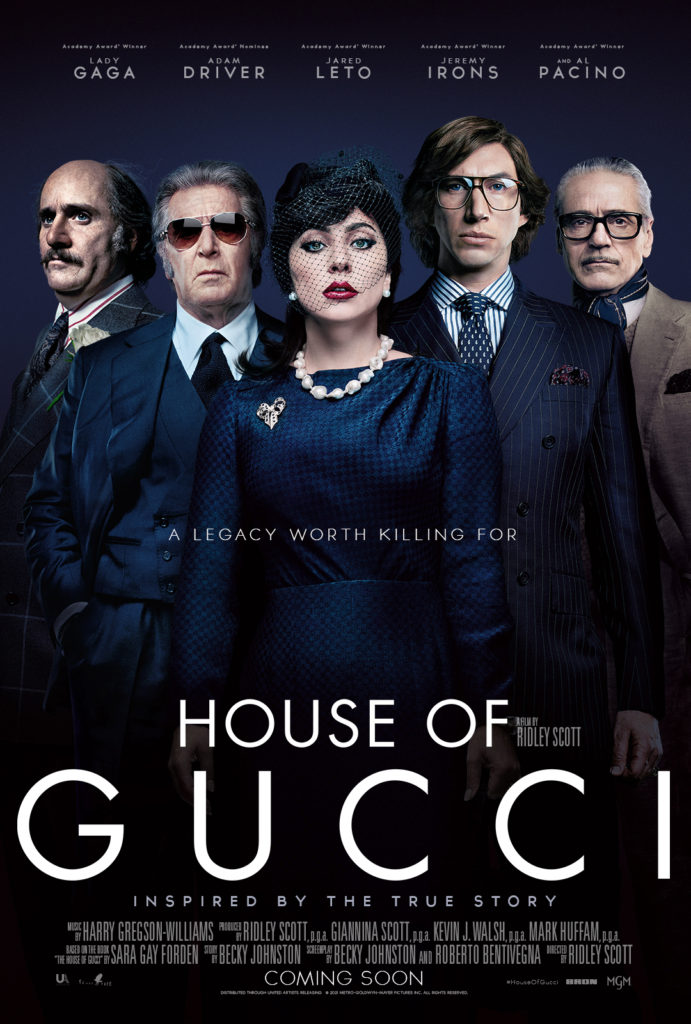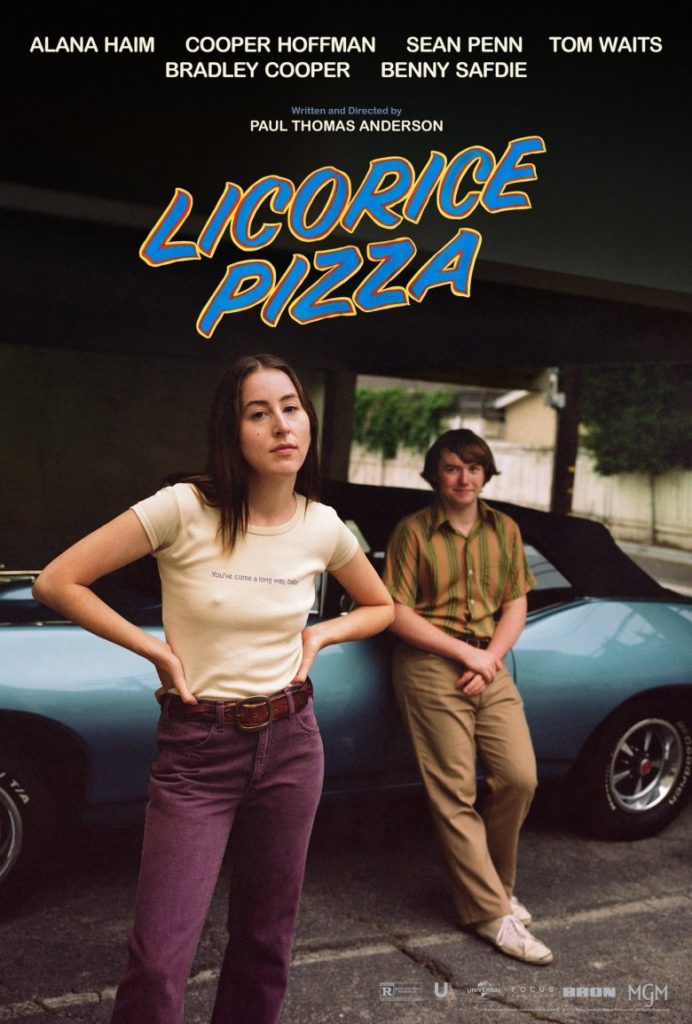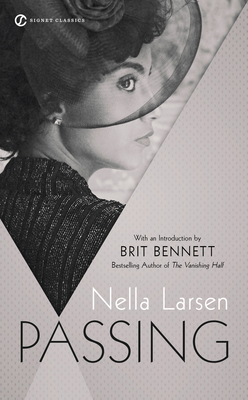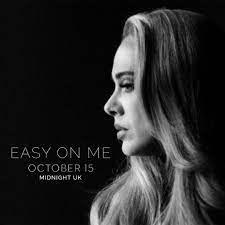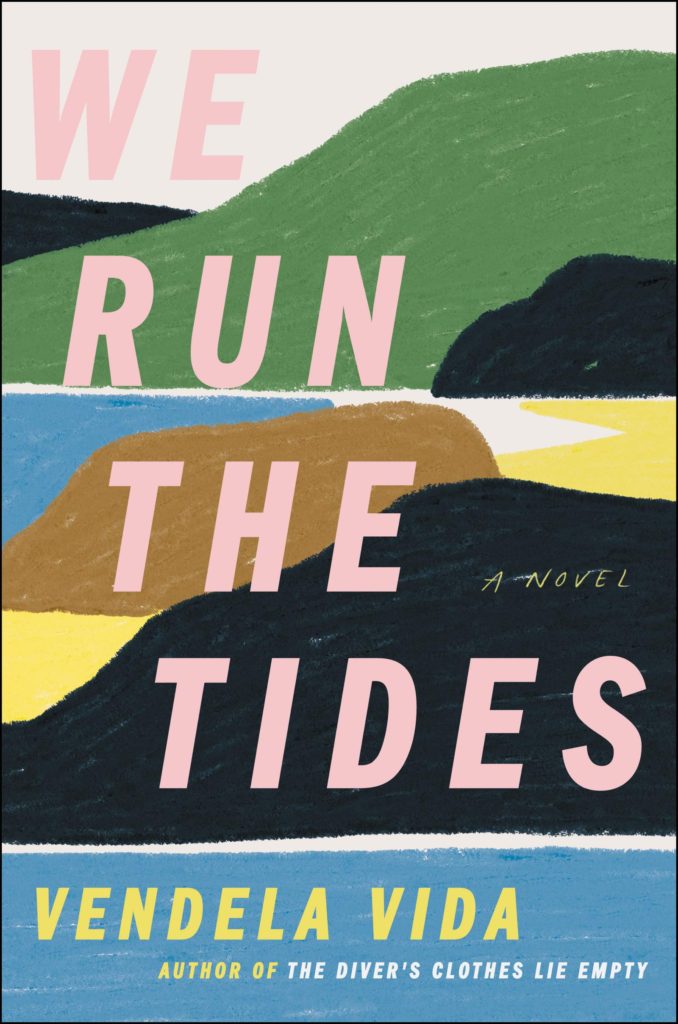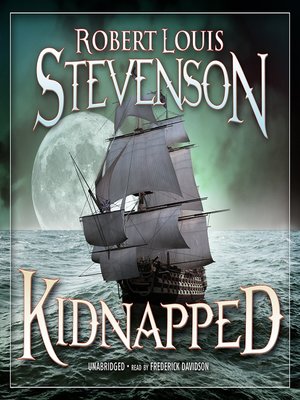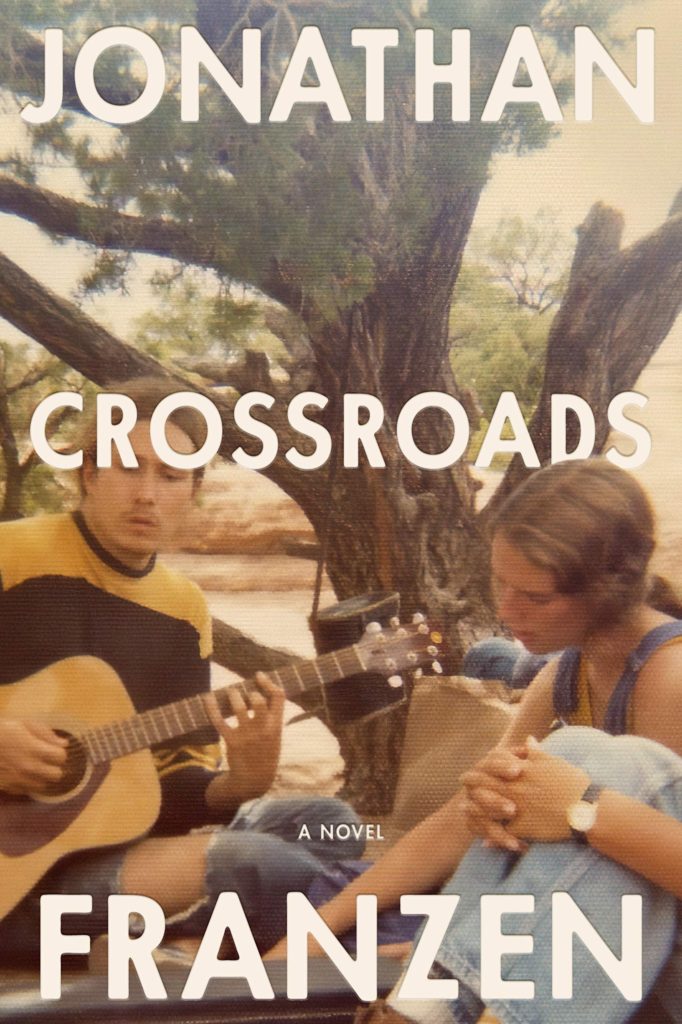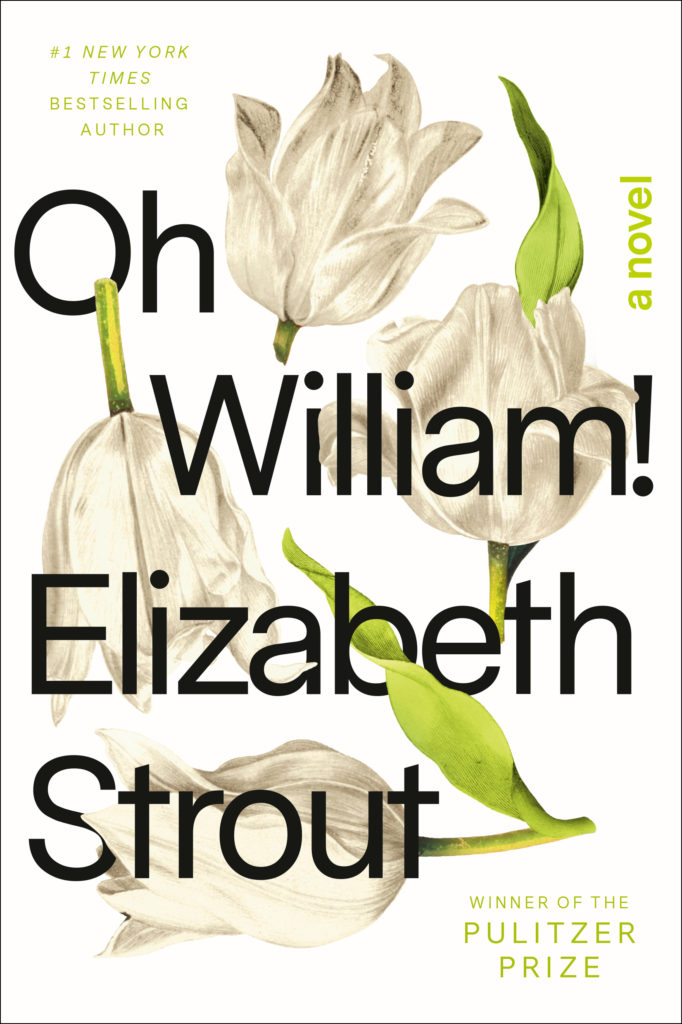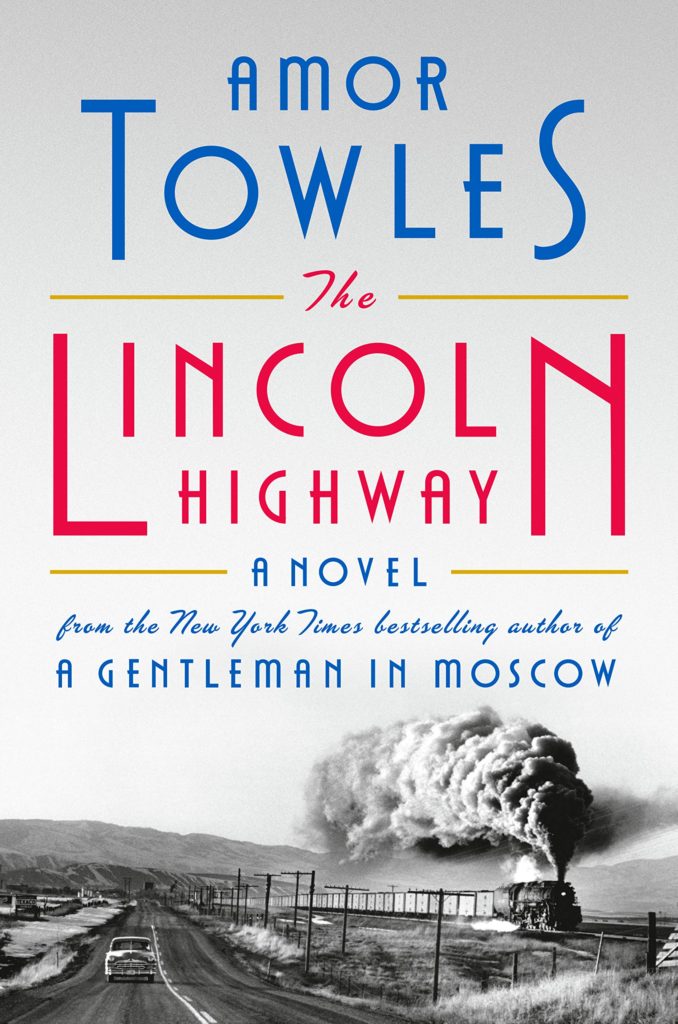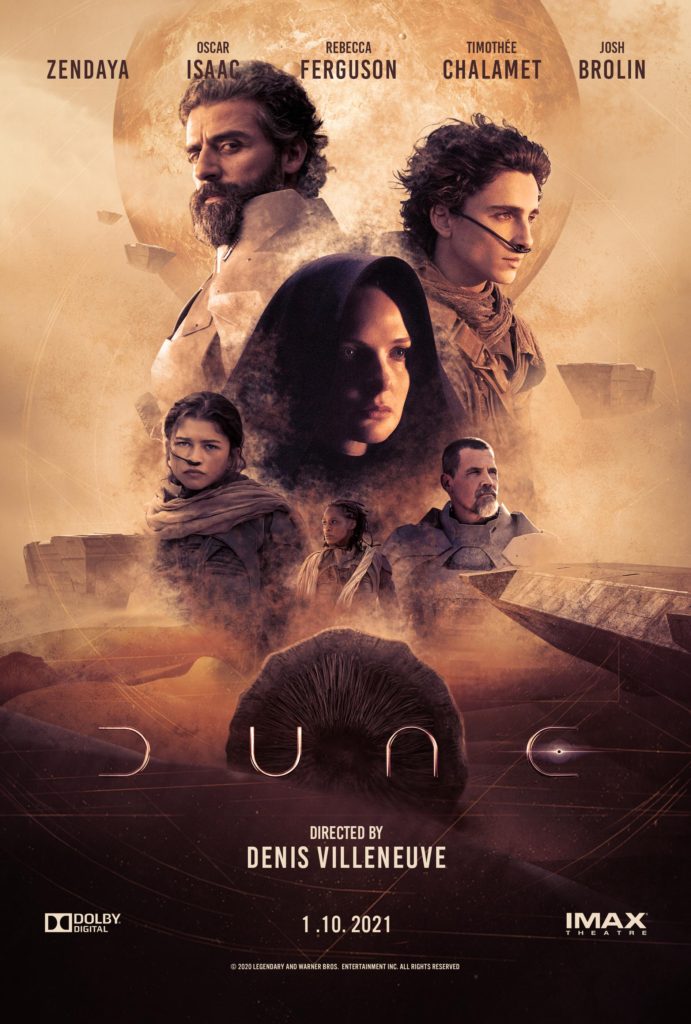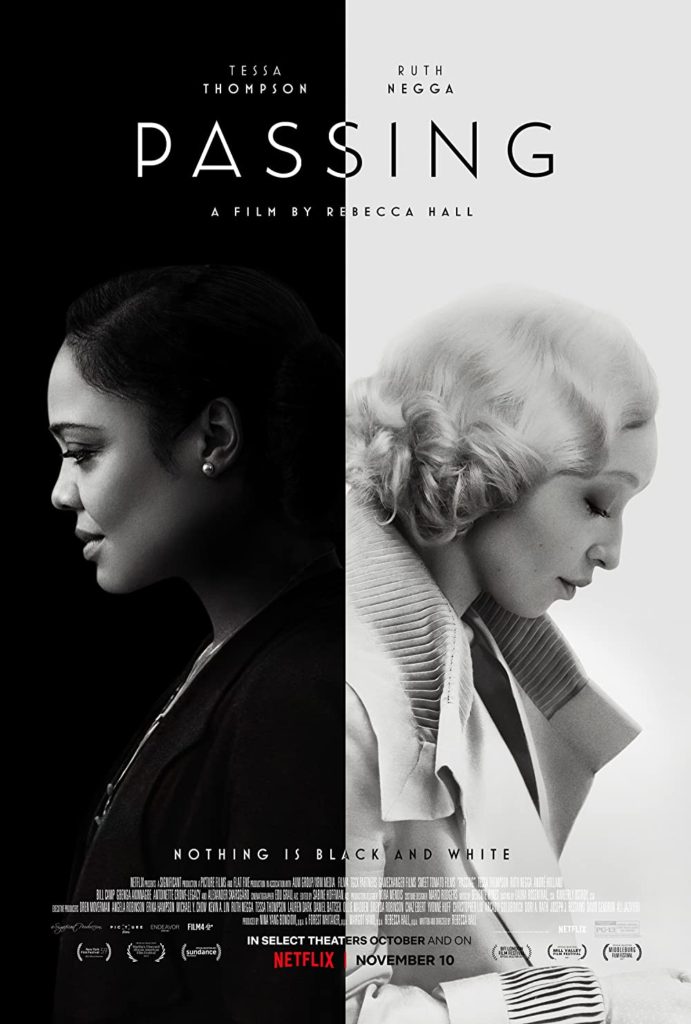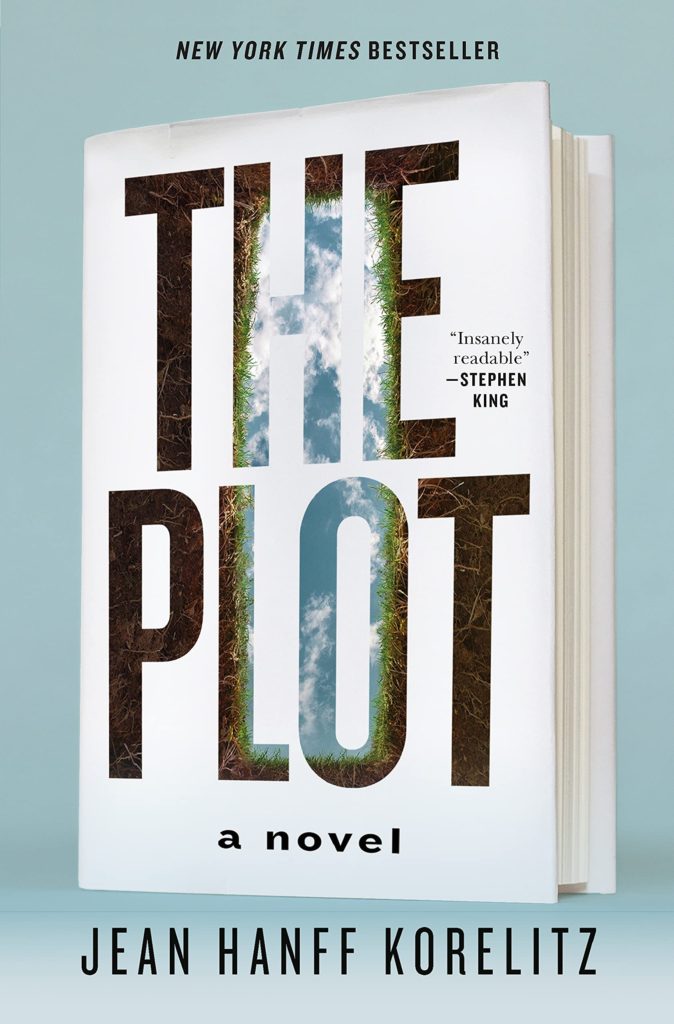
It’s been a scattered week. Is everyone feeling that? Much to do during this holiday season. I got our tree?! Though it took us a while to find where the box of decorations were put. We plan to decorate the tree this weekend with festivities, so until then I’m putting a photo of our “naked tree” up. It’s a stout pleasant thing, right? It’ll look better with the balls.
I know most of you finished decorating and gift buying long ago, but I’m often behind in this endeavor, especially since our Thanksgiving trip was my main focus this season. I still have gifts to buy, but I’m used to being a last-minute Christmas shopper, ha, though I avoid crowds and do most of it online.
Do you still send out Christmas cards? I’m old-school and like such things, but I’ll likely only send out a few this week. After all there’s only two weeks left until Christmas. What am I waiting for?!
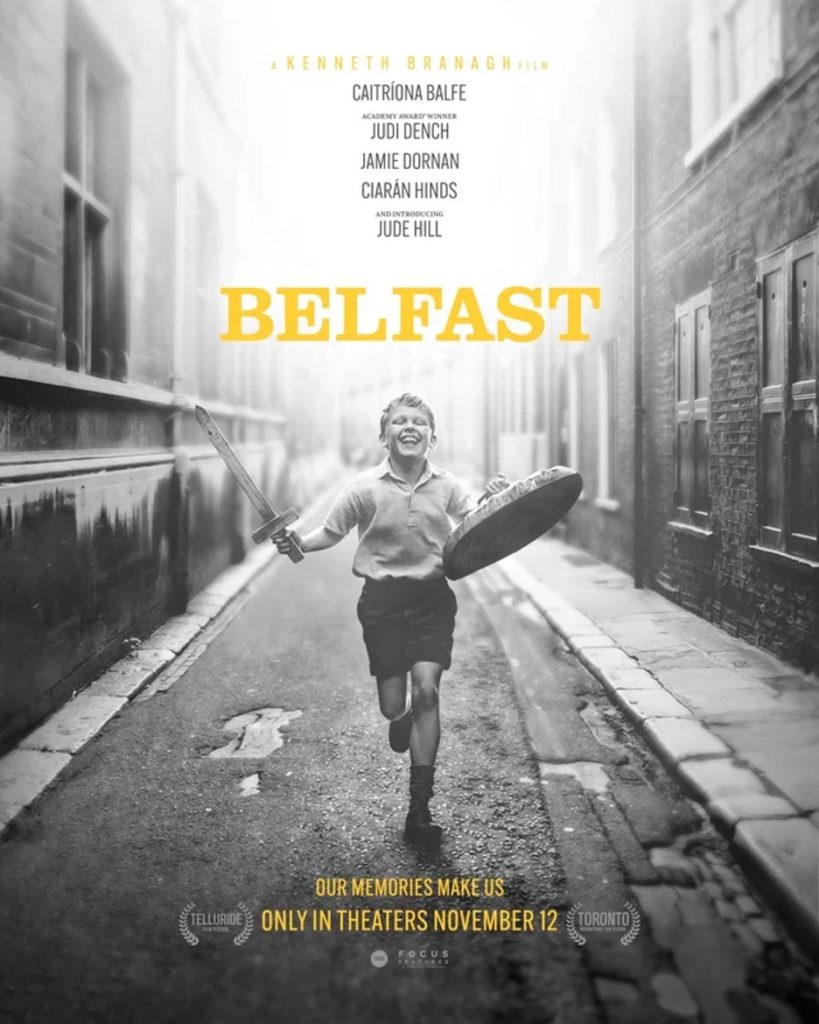
Meanwhile, last week we saw the movie Belfast written and directed by Kenneth Branagh. It’s well done and is a coming-of-age tale about a young boy (Buddy) and his working-class family amid the Troubles in Northern Ireland. Have you seen it? It’s based on Branagh’s youth. Apparently he was born in Belfast, the son of working-class Protestant parents and moved with his family at age nine to England to escape the Troubles. The movie shows violence between Protestants and Catholics in a neighborhood where they had once lived peacefully together.
It’s a moving tale, shot in black-and-white, and the boy’s parents and grandparents play large roles, trying to keep Buddy safe and answer his many questions as they consider leaving Belfast and the violence behind. Irish actors Jamie Dornan (as the Dad) and Caitriona Balfe (as the Mom) are terrific … as well as Judi Dench and Ciaran Hinds as the grandparents. The movie seems to balance the grim parts with cute parts, so it mixes both to good effect and feels substantive without being too heavy. The musical score too is pretty major with many songs by Belfast-born Van Morrison. I think the movie might get some Oscar nominations, so we’ll see. And now I’ll leave you with a review of the book I finished lately.
Oh William! by Elizabeth Strout / Random House / 256 pages / 2021
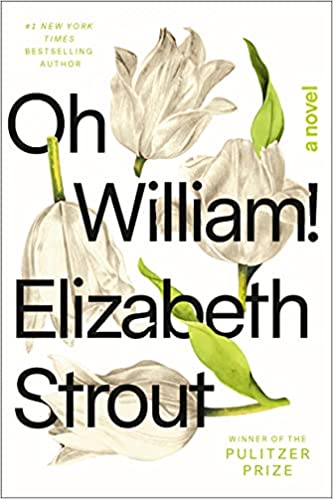
At first it took me a while to get into this novel — #3 in the Lucy Barton series, which I listened to as an audiobook read by Kimberly Farr. It felt like random thoughts from Lucy, a successful novelist, about life and her marriage to her first husband William. It seems as readers we’re stuck in Lucy’s head for most of this story and there’s much grief in there as her second husband has recently passed, and misery from her childhood abuse still hangs over her.
I wasn’t sure if there would be much of a story to find here other than random remembrances and thoughts, but then William, her ex-husband, asks her to accompany him on a trip to Maine to investigate a possible half-sister (Lois Bubar) he never knew about … and to see his mother’s old house. Then the novel sort of picked up for me. I liked how Lucy often wonders if we can ever really know another person … “we are all mysteries” as she puts it. I’m sure she’s right.
Although divorced, I thought Lucy and William sort of seemed right for one another … even though William engaged in various affairs when they were married and his mind sort of checks out at times and is unavailable. Still they seem quite close … and helpful to one another in regards to each other’s troubled backgrounds. They feel like peas that should fit in the same pod … but have adjustments to make.
What captures me again about a Strout novel is how she can write with a naturalness of everyday talk and diction, putting all the pauses and back and forth with the realness of reflection and people who have lived hard lives and have much baggage. There’s often a lot of darkness in a Strout novel but also a touch of humanity and tenderness too. Apparently this is my sixth book of hers …. her Lucy and Olive series capture formidable main characters, but might not be for everyone … as they are mostly character studies without a ton of action that cast light on the frailties and perseverance of the human condition.
That’s all for now. What about you — have you read this novel and author before and what did you think? And what are you reading now? Happy Holidays!

